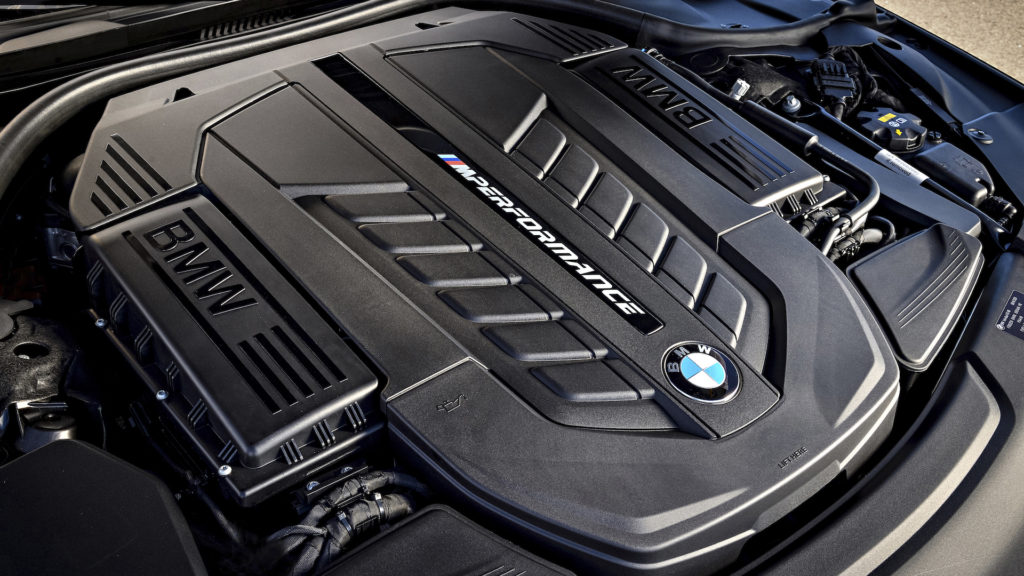It’s a sad day for BMW aficionados, as the company has signaled the end of the V12 engine in the model lineup. In a statement made by BMW CEO Oliver Zipse at the company’s recent annual accounts press conference, the executive said that the next generation of the 7 Series will feature four drivetrain variants including gasoline, diesel, hybrid and fully-electric, and that the latter will be the top, most powerful 7 Series.
The 7 Series has long been the undisputed flagship of the BMW model portfolio. It’s always the first receive cutting edge technology that subsequently finds its way democratized down through the lineup, and its presence has long carried a strong connotation of performance luxury supremacy. While it doesn’t seem like the 7 Series will be giving up its crown as the stalwart BMW range-topper, it does seem as though the current G11/G12 generation will be the last to be sold with a V12 engine. Although not every generation of the 7 Series has come with the V12—the most powerful engine you could get in an E23 was a turbocharged M30 six—the loss of option in the modern lineup is still reason for mourning.
Although this news isn’t unexpected by any means, it is nonetheless depressing. BMW has been making a captivating V12 engine for over 30 years now, and there have been some truly exceptional versions. Although the first generation M70 used a simple underlying design which borrowed much from the M20 six, with two valves per cylinder and two of nearly everything else—including engine computers, coils, distributors, and more—it would go on to serve as the fundamental basis for the S70/2 V12 of the legendary McLaren F1. This evolution has culminated in the current twin-turbocharged, direct-injected N74, the most powerful version of which in the BMW lineup is the 6.6-liter N74B66TU. This engine, used in the M760i, delivers more than 600 horsepower at 5,500 rpm and 627 pound-feet of torque from 1,550 to 5,000, but was detuned to cope with the fitment of a mandatory particulate exhaust filter as part of the 2020 7 Series LCI.
All of that power (and the presence of xDrive, of course) makes the M760i one of the fastest accelerating BMWs on sale right now. We’re sure the next-gen 7 Series won’t disappoint in terms of luxury and performance, but if this really is the end of the V12, we’ll sorely miss one of BMW’s best engines. What’s to become of the Rolls-Royce lineup, which relies heavily on the 6.6- and 6.8-liter versions of the BMW N74 V12, remains to be seen, but continually tightening European emissions legislation point to the 7 Series likely using some sort of V8 setup in the plug-in hybrid and gasoline models.
BMW isn’t the only automaker saying goodbye to the V12. Not long after transferring development to Mercedes-AMG, the automaker launched the S65 Final Edition, and the corporate M279 V12 has since been retired from the AMG lineup. But, considering the inline-six has long been a core competency of BMW, losing its ultimate outgrowth—the V12—is all the more difficult to accept.—Alex Tock
[Photos courtesy BMW AG.]
